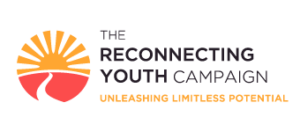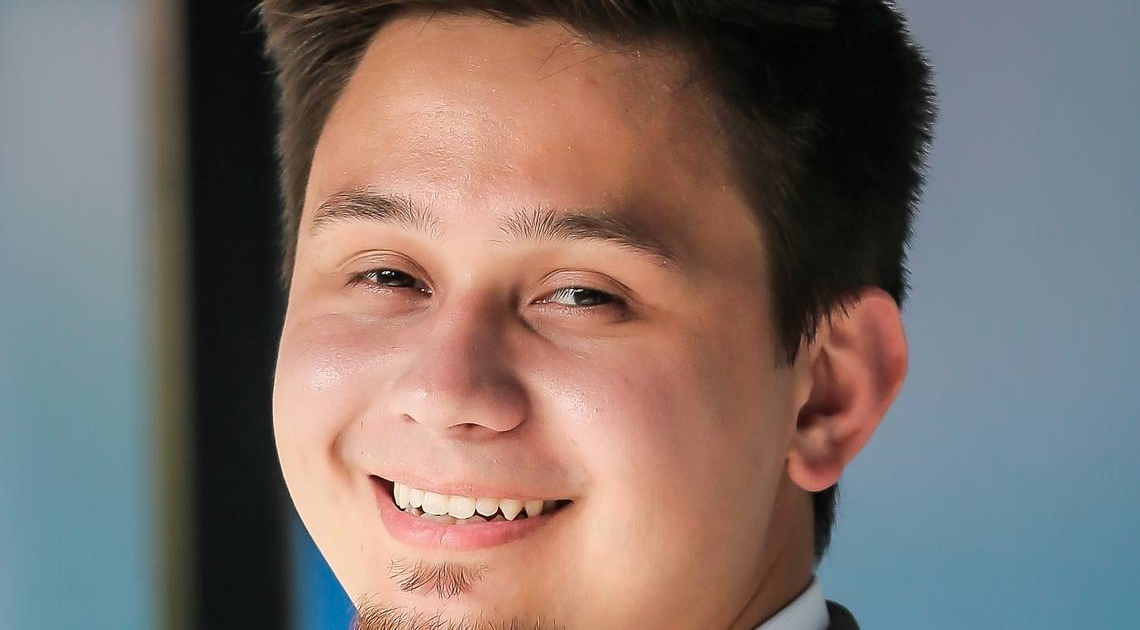Originally published on the Lexington Herald Leader
by Adam Strong
As our Congressional leaders consider the next step in legislation to respond to the COVID-19 pandemic, I am joining many of my peers and our allies in calling for the next bill to do more to support young people.
Too many of our young people across the state and our country were in precarious circumstances when the pandemic began, and if Congress does not act, will fall on even harder times.
Even before the pandemic, there were 4.5 million opportunity youth, young people between the ages of 16 to 24 who are not in school or the workforce. And based on new research, that number could balloon since young adults are set to be disproportionately affected by virus related layoffs. In Kentucky, more than 1 in 8 young people between the ages 16 to 24 were disconnected from school and work before the coronavirus. In Southeastern Kentucky it was almost 1 in 4 young people. Now, with unemployment projected to hit at least 15 percent nationally, the magnitude of need will be more than ever.
Congress’ CARES Act provided much relief and support to our young people in the workforce and in other ways, and more could be done, especially for opportunity youth.
The next bill should encourage states to develop pandemic recovery plans for opportunity youth and tap existing coordinating bodies (such as state workforce development boards, boards of education, P-20 councils, or Children’s Cabinets) to craft and monitor the plans. Kentucky legislators, I hope you can get a head start.
Congress should also consider expanding funding and support of post-seconding bridging initiatives and programs that links K-12, higher education, and workforce development to get young people ready for college and careers. Gear Up is a great example of a program doing great work here in Kentucky whose need will be higher after this pandemic.
We should also expand national and community service as a lifeline for our communities, helping to stabilize our economy while providing essential services, jobs, and upskilling. The restoration of many of our national parks, like Natural Bridge, will be a public good for us all as we emerge from self-isolation and can support our recovery efforts. The inclusion of the Youth Corps Act of 2019 (HR1634) in the next recovery package could be a viable vehicle for this strategy.
I encourage all members of Congress to consider the recommendations of the Reconnecting Youth Campaign, which asks the federal government to expand funding for the evidence-based federally funded programs that serve opportunity youth and provide pathways to education, training, and job supports. These programs currently reconnect approximately 350,000 opportunity youth each year, and could scale up to reach more of the estimated 4.5 million young people in need.
These programs create better outcomes for young people. I know this firsthand as an alum of YouthBuild and Americorps. As the coal industry declined, I found myself laid off, and these programs were my lifeline. I now hold a master’s degree in public policy and work full-time at a national research organization. I am deeply connected to my hometown and family in Kentucky. Too many of us were just getting by before this pandemic.
Now is the time for all hands on deck. I encourage U.S. Senator Mitch McConnell and Governor Andy Beshear, along with their colleagues at the federal and state levels, to continue to fight for our families and to remember those most in need and vulnerable during these times. The future of our youth hangs in the balance.
Adam Strong is a native of Breathitt County, Kentucky. He is a Research Impact Fellow at CIRCLE and a founding member of Opportunity Youth United, a nationwide youth-led movement to increase opportunity and decrease poverty in America. He currently lives in Washington, DC.







